Dogs have a unique ability to sense our emotions and provide unconditional love and comfort, making them excellent therapy animals. Therapy dogs play a vital role in various settings, from hospitals and nursing homes to schools and disaster areas, offering emotional support and companionship to those in need. These dogs are known for their calm demeanor, friendly nature, and intuitive understanding of human emotions. In this article, we count down the top 12 best therapy dog breeds, highlighting their special qualities and why they excel in providing comfort and care. These breeds are not only loyal and affectionate but also possess the temperament and trainability necessary to perform the demanding role of a therapy dog.
12. Dachshund
Dachshunds, with their small size and big hearts, make excellent therapy dogs. Their playful and affectionate nature allows them to form strong bonds with people, making them ideal companions for providing emotional support. Dachshunds are known for their loyalty and eagerness to please, often seeking out cuddles and attention from their owners. Their compact size makes them easy to manage in various settings, from hospitals to nursing homes. Dachshunds’ cheerful disposition and loving personality help them bring joy and comfort to those in need, making them a great choice for therapy work.

11. Cavalier King Charles Spaniel
Cavalier King Charles Spaniels are gentle and affectionate dogs known for their sweet and friendly nature. Their calm demeanor and love for human interaction make them excellent therapy dogs. Cavaliers are highly intuitive and can sense when someone needs comfort, often snuggling up to offer support. Their small size and friendly disposition make them well-suited for therapy work in various environments, including hospitals, schools, and nursing homes. Cavaliers’ ability to form strong bonds with people and their eagerness to please make them wonderful companions for those in need of emotional support.

10. Pug
Pugs are known for their charming and affectionate personalities, making them excellent therapy dogs. Their friendly nature and love for human interaction allow them to connect with people on an emotional level, providing comfort and companionship. Pugs’ playful and cheerful disposition can bring joy to those in need, and their small size makes them easy to handle in various settings. Despite their sometimes stubborn nature, Pugs are highly affectionate and loyal, often seeking out cuddles and attention from their owners. Their ability to make people smile and their loving personality make Pugs a great choice for therapy work.

9. Beagle
Beagles are friendly and outgoing dogs known for their gentle and affectionate nature. Their calm demeanor and love for human interaction make them excellent therapy dogs. Beagles are highly social and enjoy being around people, often forming strong bonds with those they interact with. Their small to medium size makes them easy to handle in various settings, including hospitals and schools. Beagles’ playful and loving personalities, combined with their ability to provide comfort and companionship, make them a wonderful choice for therapy work. Their gentle nature and eagerness to please help them bring joy and comfort to those in need.

8. Shetland Sheepdog
Shetland Sheepdogs, or Shelties, are intelligent and gentle dogs known for their friendly and affectionate nature. Their calm demeanor and love for human interaction make them excellent therapy dogs. Shelties are highly intuitive and can sense when someone needs comfort, often snuggling up to offer support. Their medium size and friendly disposition make them well-suited for therapy work in various environments, including hospitals, schools, and nursing homes. Shelties’ ability to form strong bonds with people and their eagerness to please make them wonderful companions for those in need of emotional support.

7. Border Collie
Border Collies are intelligent and highly trainable dogs known for their gentle and affectionate nature. Their calm demeanor and love for human interaction make them excellent therapy dogs. Border Collies are highly intuitive and can sense when someone needs comfort, often snuggling up to offer support. Their medium size and friendly disposition make them well-suited for therapy work in various environments, including hospitals, schools, and nursing homes. Border Collies’ ability to form strong bonds with people and their eagerness to please make them wonderful companions for those in need of emotional support.
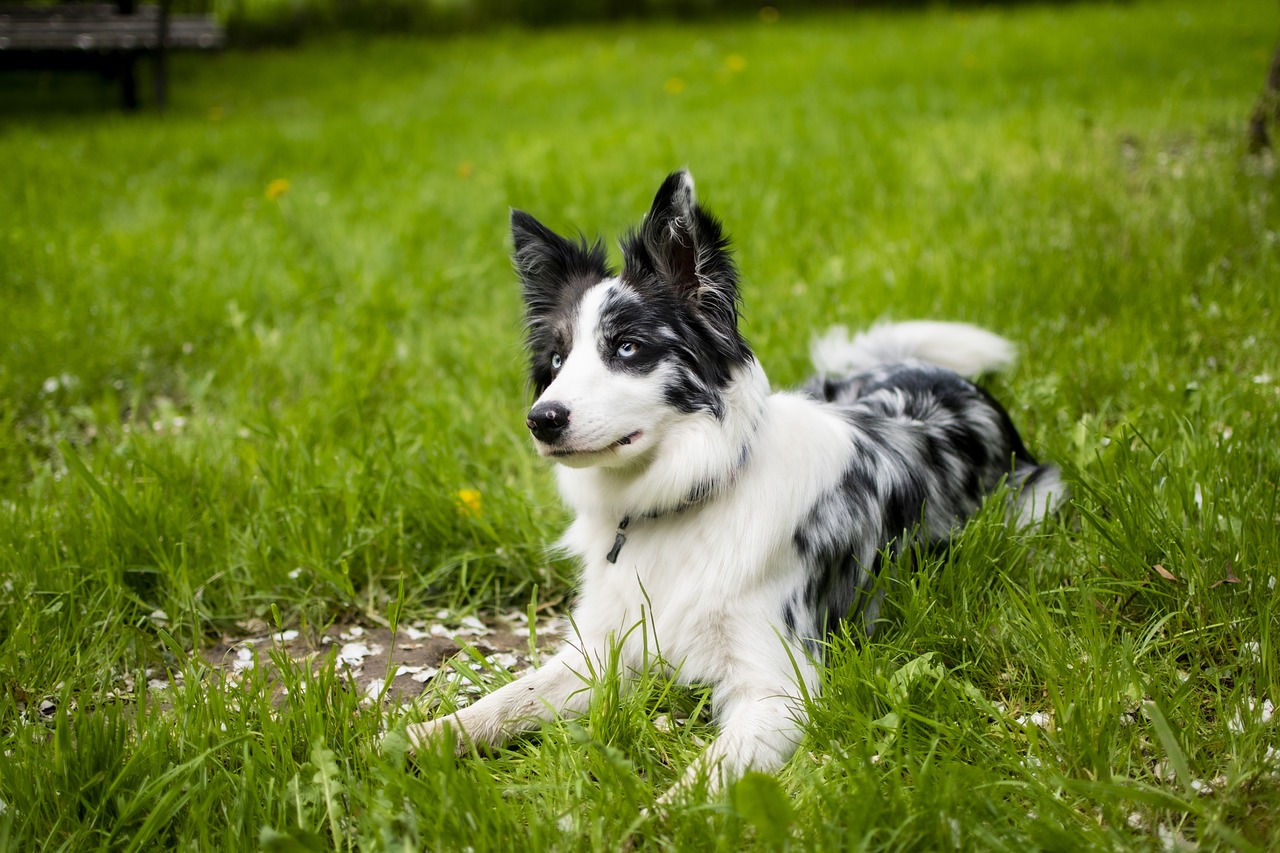
6. Poodle
Poodles are intelligent and highly trainable dogs known for their gentle and affectionate nature. Their calm demeanor and love for human interaction make them excellent therapy dogs. Poodles are highly intuitive and can sense when someone needs comfort, often snuggling up to offer support. Their friendly disposition makes them well-suited for therapy work in various environments, including hospitals, schools, and nursing homes. Poodles’ ability to form strong bonds with people and their eagerness to please make them wonderful companions for those in need of emotional support.
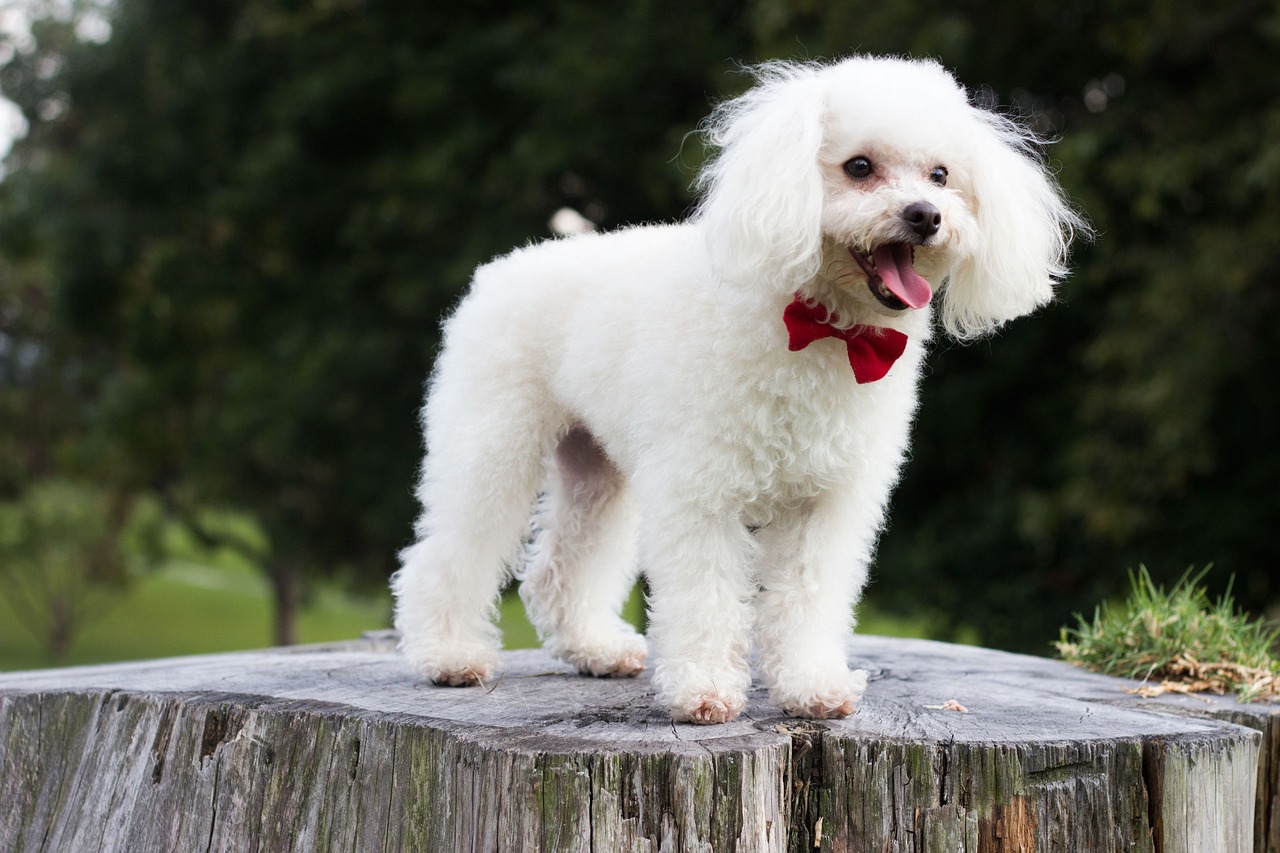
5. Bernese Mountain Dog
Bernese Mountain Dogs are gentle giants known for their calm and affectionate nature. Their friendly demeanor and love for human interaction make them excellent therapy dogs. Bernese Mountain Dogs are highly intuitive and can sense when someone needs comfort, often snuggling up to offer support. Their large size and friendly disposition make them well-suited for therapy work in various environments, including hospitals, schools, and nursing homes. Bernese Mountain Dogs’ ability to form strong bonds with people and their eagerness to please make them wonderful companions for those in need of emotional support.
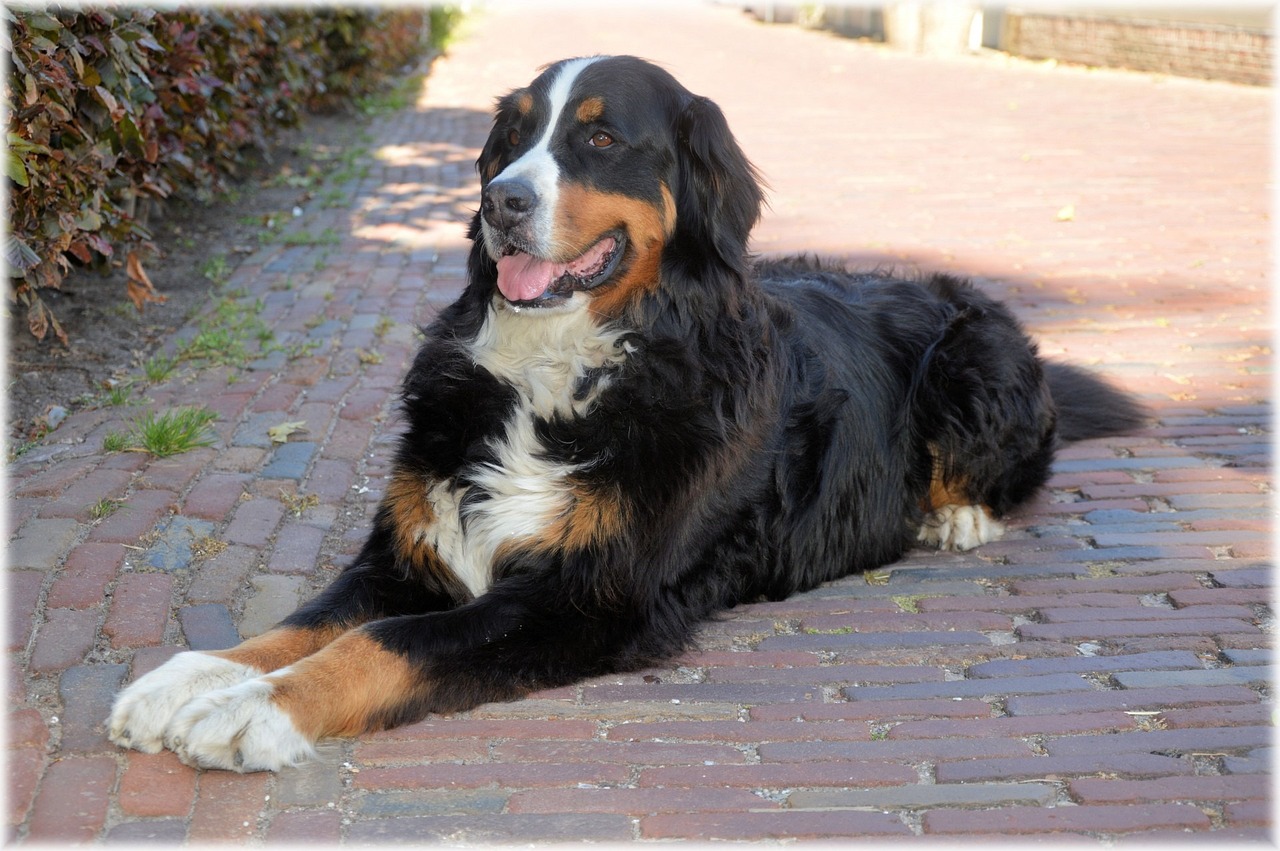
4. Collie
Collies are intelligent and gentle dogs known for their friendly and affectionate nature. Their calm demeanor and love for human interaction make them excellent therapy dogs. Collies are highly intuitive and can sense when someone needs comfort, often snuggling up to offer support. Their medium size and friendly disposition make them well-suited for therapy work in various environments, including hospitals, schools, and nursing homes. Collies’ ability to form strong bonds with people and their eagerness to please make them wonderful companions for those in need of emotional support.
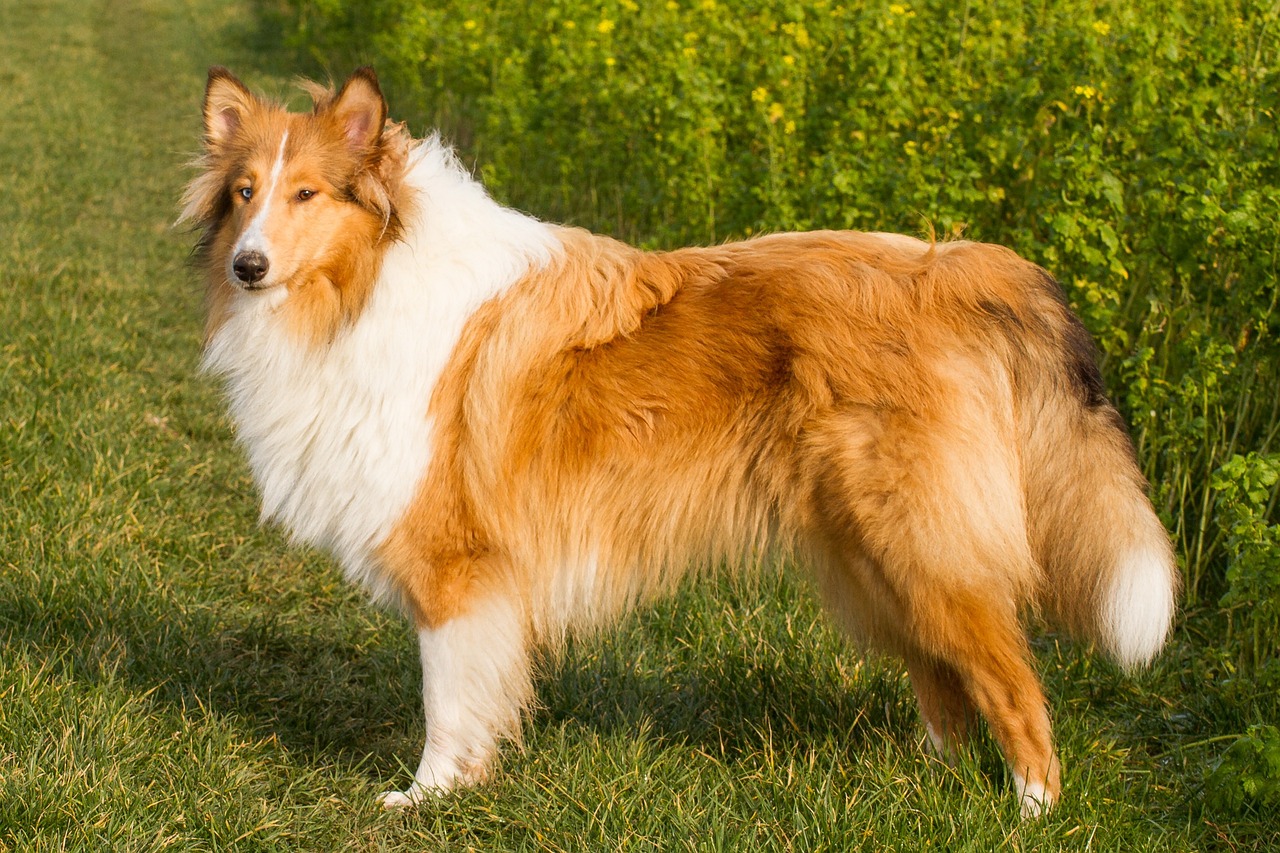
3. Labrador Retriever
Labrador Retrievers are one of the most popular and versatile dog breeds, known for their friendly and adaptable nature. Their intelligence and willingness to work make them excellent therapy dogs. Labradors are highly trainable and excel in obedience training, making them reliable and trustworthy companions. Their gentle and affectionate disposition ensures they get along well with other pets and family members, making them excellent companions. Labradors’ cooperative spirit and ability to work in diverse settings make them invaluable partners in many endeavors, including therapy work.
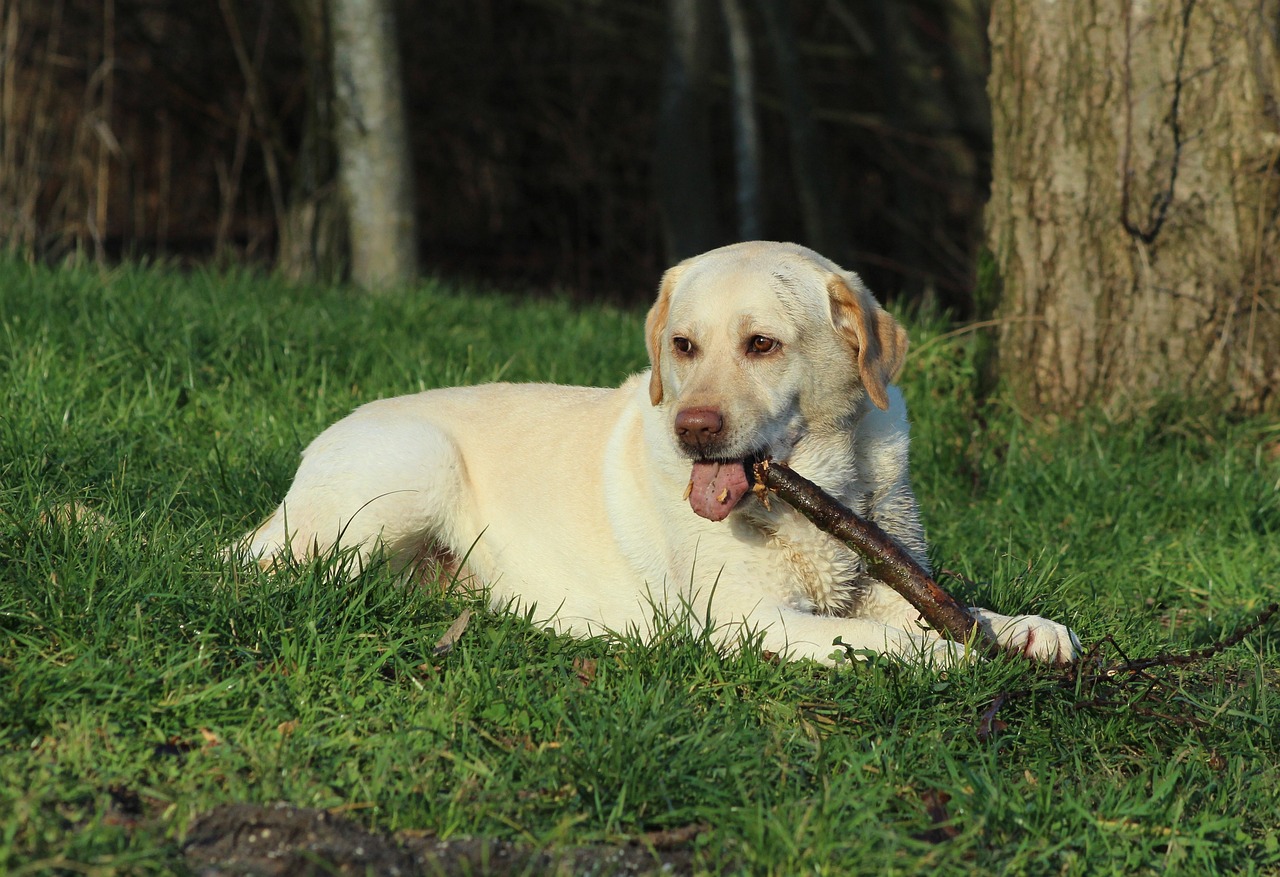
2. Golden Retriever
Golden Retrievers are known for their friendly and cooperative nature, making them excellent therapy dogs. Their intelligence and willingness to work make them reliable and trustworthy companions. Golden Retrievers are highly trainable and excel in obedience training, making them reliable and trustworthy companions. Their gentle and affectionate disposition ensures they get along well with other pets and family members, enhancing their cooperative spirit. Their ability to adapt to different tasks and environments makes them ideal partners for families and working roles, including therapy work. Golden Retrievers’ combination of intelligence, gentleness, and willingness to work makes them one of the best therapy dog breeds.
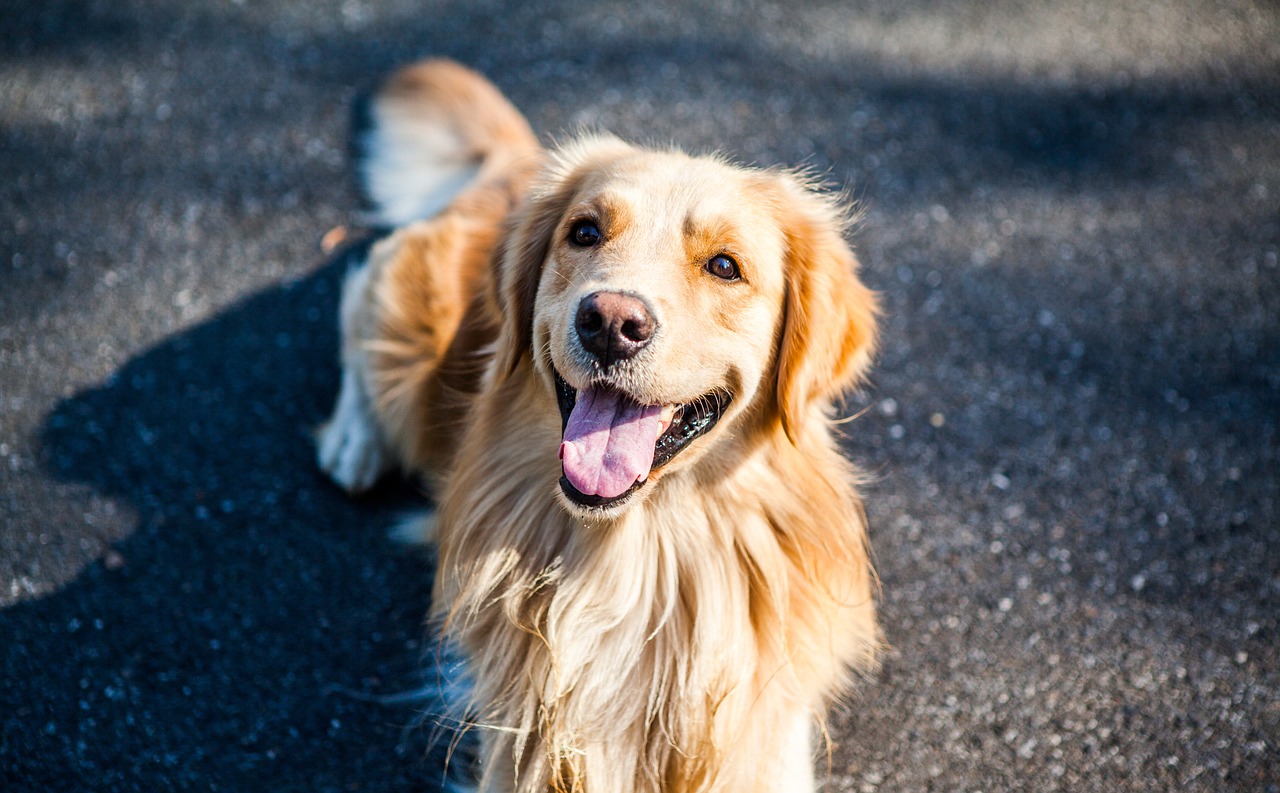
1. German Shepherd
German Shepherds are known for their intelligence, loyalty, and versatility, making them excellent therapy dogs. Their calm demeanor and strong work ethic ensure they can provide comfort and support in various settings, from hospitals to disaster areas. German Shepherds are highly trainable and excel in obedience training, making them reliable and trustworthy companions. Their protective and gentle nature allows them to form strong bonds with those they assist, offering a sense of security and companionship. German Shepherds’ combination of intelligence, loyalty, and adaptability makes them the top choice for therapy work, providing exceptional care and comfort to those in need.
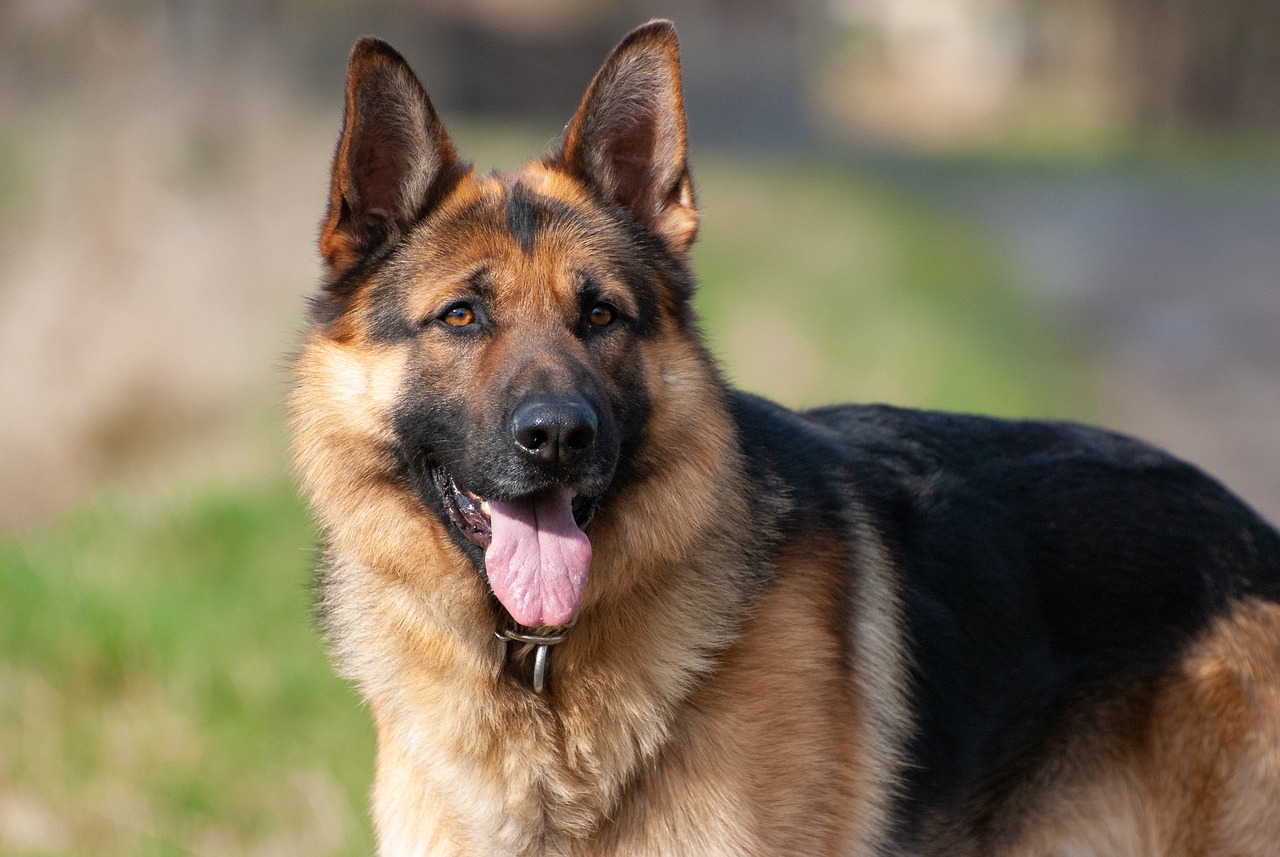
In conclusion, these twelve breeds exemplify the qualities that make them exceptional therapy dogs. Their intelligence, trainability, and friendly dispositions enable them to provide comfort and care to those in need. Whether they are assisting in hospitals, schools, or nursing homes, these dogs excel in their ability to offer emotional support and companionship. Owning one of these breeds means having a loyal and capable partner by your side, ready to work together and enhance your life with their remarkable cooperative spirit.
 Toledo, United States.
Toledo, United States.
